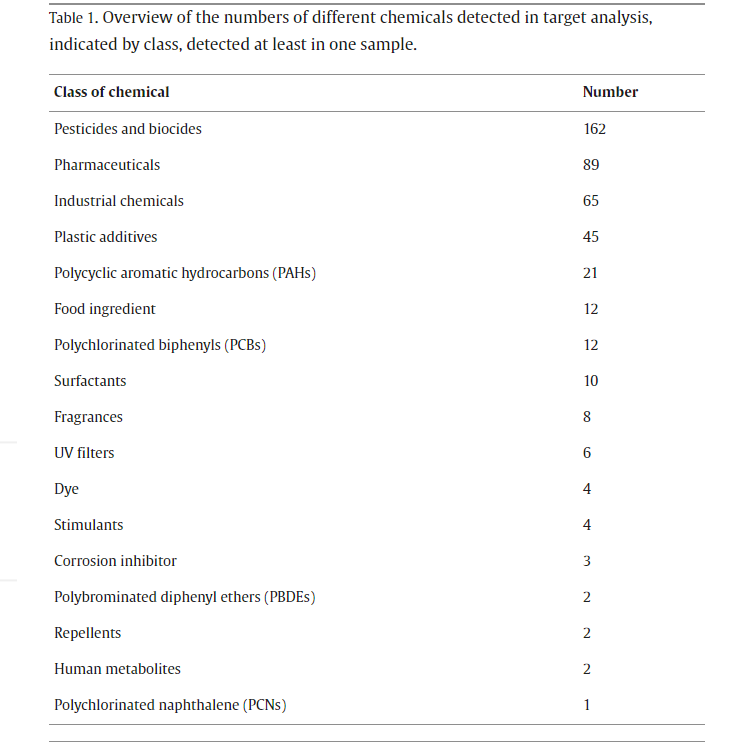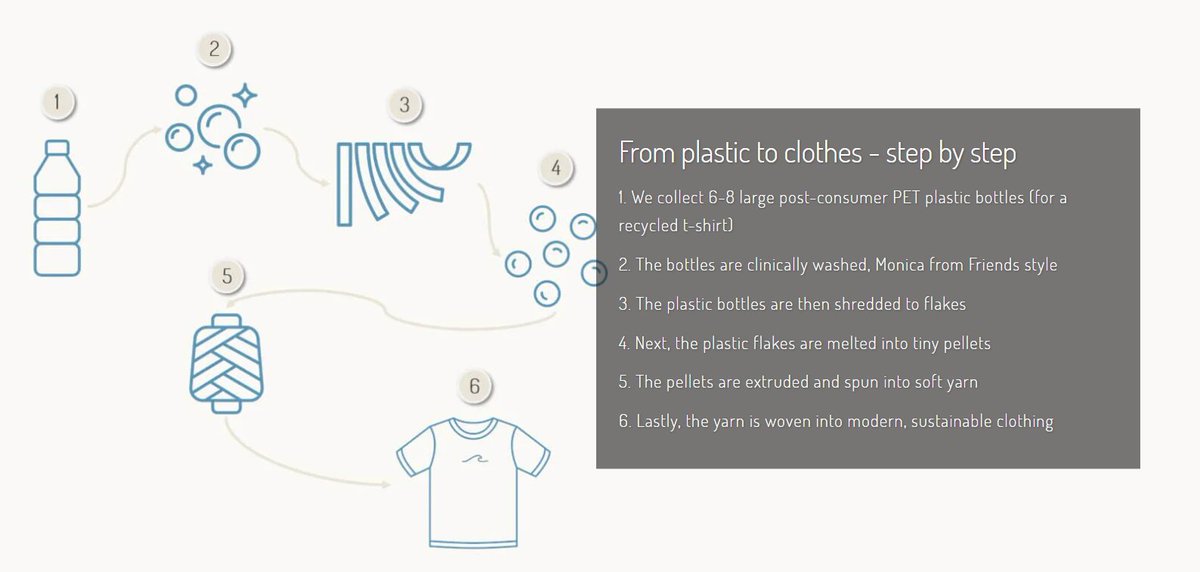People sometimes ask me, "Is there anything worse than plastic?" My answer would be, "Of course!" One thing that's definitely worse than plastic is... recycled plastic, as this new study shows. 👇 

Experts believe there may be as many as 13,000 different chemicals involved in the manufacture of plastics, the vast majority of which are totally unknown to us in terms of their safety and potential toxicity.
https://x.com/Babygravy9/status/1719720374579888233?s=20
But plastics can also be contaminated with other chemicals, including pesticides, pharmaceuticals & industrial chemicals, at various stages of their lifecycles. If these contaminated plastics are then recycled, humans can then be exposed to these harmful substances. 

Researchers tested plastic pellets from recycling plants in 13 different plants across the world. They found 491 readily identifiable organic compounds, with a further 170 tentatively identified. As you can see from the table below, they span a wide variety of chemical classes. 

As well as being harmful to the workers handling them, recycled plastics are also potentially harmful to consumers who use them. Recycled plastics have a wide variety of applications, from toys and furniture to clothing.
Recycled plastic clothing, like these t-shirts from the brand Oceanness, are advertised as the height of ethical consumerism, but in reality if you wear such clothing, you may be exposing your body, through your skin and through inhalation of fibres to some horrible chemicals... 

that you wouldn't find in "virgin" plastic.
And look, here are 100% recycled plastic toys for your little ones to chew on all day long...
And look, here are 100% recycled plastic toys for your little ones to chew on all day long...

This new study makes it pretty clear, as far as I can see, that recycling plastic is a bad idea. We already know that recycling produces massive quantities of microplastic waste as well. What we really need to be doing is phasing out our use of plastics, full stop. And now.
• • •
Missing some Tweet in this thread? You can try to
force a refresh

 Read on Twitter
Read on Twitter
















